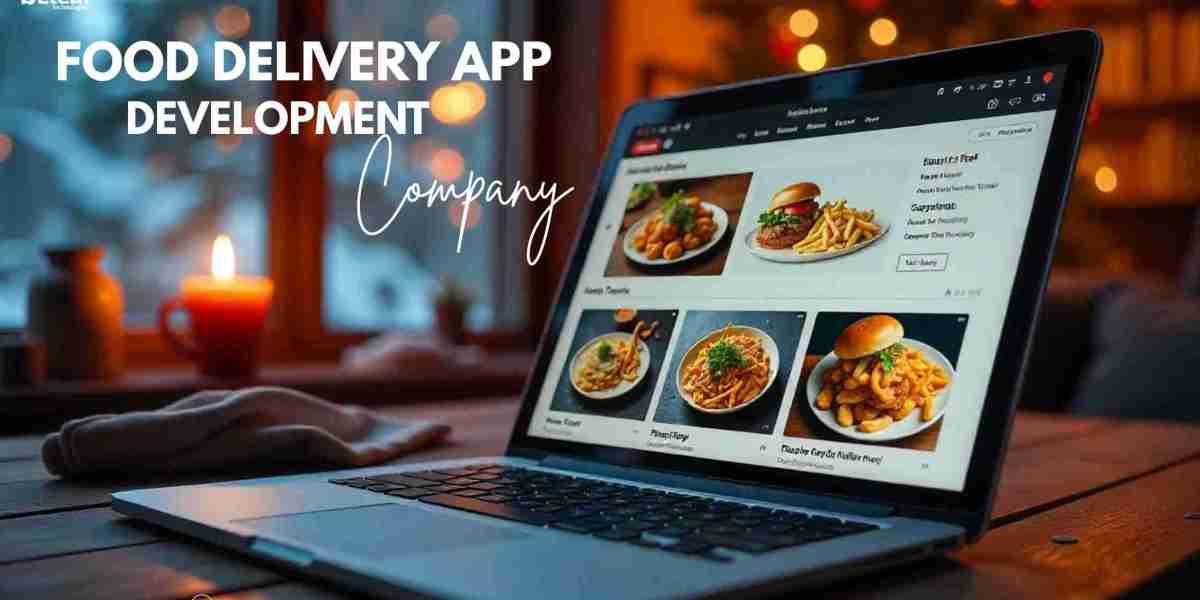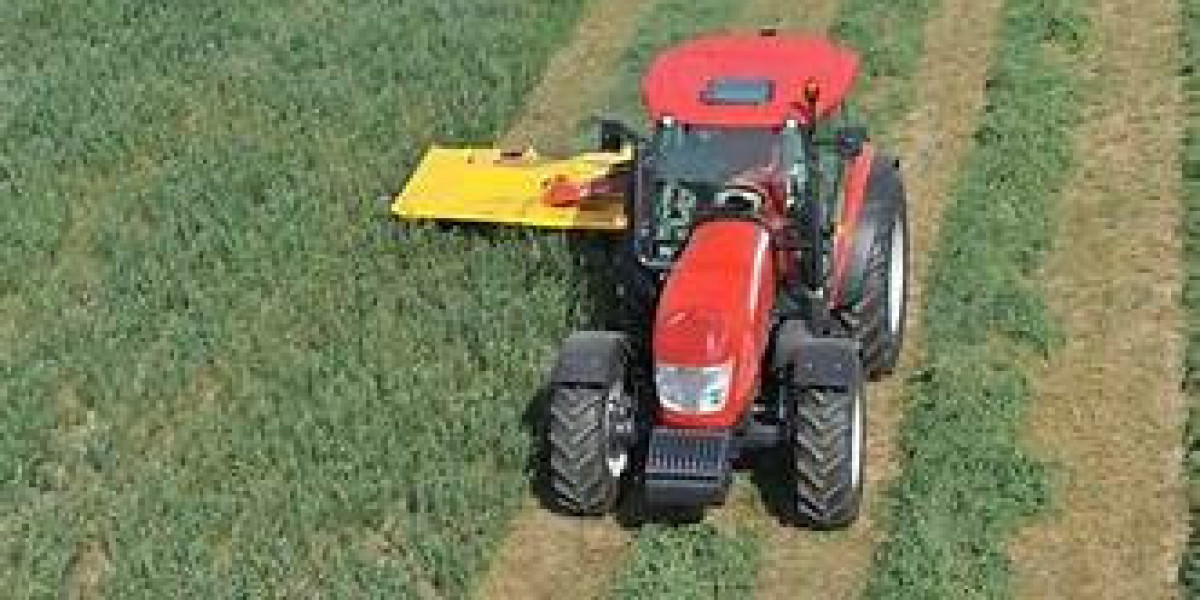As traditional dining evolves and convenience becomes a top priority, food delivery apps continue to attract attention from both consumers and investors alike.
However, while the opportunity appears promising, it’s essential for investors to take a closer look at several key factors before committing capital to a food delivery app startup. Understanding the ecosystem, technological requirements, market risks, and competitive landscape can help investors evaluate whether a startup has the potential for long-term success.
1. Market Demand and Target Demographics
Before investing, it’s crucial to analyze the specific market the startup plans to serve. Is it targeting a saturated urban area where big players like Uber Eats or DoorDash dominate? Or is it focused on a smaller city or niche segment that remains underrepresented?
Look into consumer behavior in the target region. What percentage of the population orders food online regularly? Are there cultural or economic factors that influence adoption rates? A startup might show promise in areas with rising disposable income and a tech-savvy population but may struggle in regions where delivery services are seen as a luxury rather than a necessity.
2. Business Model Viability
Food delivery startups generally operate under one of several business models: order-only platforms, delivery-based services, or cloud kitchen integrations. Each model has its own financial implications and operational challenges.
For instance, delivery-based platforms require a fleet of drivers or partnerships with third-party couriers. This model often results in high operating costs. On the other hand, an order-only platform may have lower expenses but also limited control over customer experience. As an investor, you should understand how the startup earns revenue (commission from restaurants, delivery charges, subscriptions) and whether the margins are sustainable.
3. Choice of Food Delivery App Development Company
The development partner plays a significant role in shaping the functionality and reliability of the app. A startup that partners with a reputable food delivery app development company is more likely to offer a smooth user experience, timely updates, and features that align with current market expectations.
Look into whether the app offers real-time tracking, secure payment options, and user-friendly interfaces. Technical glitches or poor app performance can damage reputation and lead to loss of customers. Ask if the app was built using scalable architecture—especially important if the startup aims to grow quickly and serve a larger user base over time.
4. Competitive Differentiation
What sets the startup apart from established competitors? Without a clear value proposition, it’s difficult to break into an already competitive market. Whether it’s through specialized cuisine offerings, eco-friendly delivery options, or unique pricing models, the startup must have something different to offer.
As an investor, assess whether the brand can establish loyalty among users. Does it have strategic partnerships with exclusive restaurants or local chefs? Is there a community based aspect or a loyalty program that encourages repeat orders?
5. Logistics and Supply Chain Capabilities
The real test of a food delivery startup lies in its ability to execute fast and accurate deliveries. Logistics is one of the most challenging aspects of this business. Delays, order errors, or lack of delivery personnel can quickly derail customer trust.
You should review how the startup manages peak-hour demand, tracks driver availability, and handles customer complaints. Efficient route planning, inventory control (if they operate kitchens), and real-time order management are indicators of a well-organized backend system.
6. Regulatory Compliance and Insurance
The food delivery industry must comply with health, labor, and safety regulations. As an investor, you must ensure the startup has addressed all legal and regulatory requirements in the region it operates.
This includes driver background checks, food safety certifications, tax compliance, and insurance coverage for deliveries and liabilities. Failure to meet legal standards can lead to fines or even business shutdowns—directly affecting your investment.
7. Customer Retention and Acquisition Strategy
Getting users to download the app is one thing. Keeping them engaged is another. Many food delivery apps spend heavily on marketing and promotional discounts to acquire users but fail to convert them into regular customers.
A sound retention strategy includes personalized recommendations, reward programs, fast customer support, and frequent app updates. Ask for data on user retention rates, active monthly users, and cost per acquisition. High churn rates can be a red flag for sustainability.
8. Financial Health and Growth Forecast
Review the startup’s current financials and its forecast for the next 3–5 years. Are they projecting realistic growth? Are there any revenue streams apart from food deliveries—such as grocery delivery, advertising for restaurants, or in-app promotions?
It's also important to check how the startup plans to manage cash flow. Many early-stage startups burn through their capital quickly due to high marketing and operational costs. As an investor, you need to be confident that there’s a roadmap toward profitability, not just expansion.
9. Founding Team and Leadership
Behind every successful startup is a capable team. assess the background and experience of the founders and key executives. Have they worked in the tech, food, or logistics industries before? Do they have a track record of previous ventures?
Strong leadership often translates into strategic decision-making and better crisis management, both of which are critical in a fast-paced industry like food delivery.
Final Thoughts
Investing in a food delivery app startup can be rewarding, but it comes with its own set of challenges. Understanding the business model, technical foundation, and operational strategies is essential. Always look for startups that have partnered with a reliable food delivery app development company, show consistent customer engagement, and have a clear plan for long-term growth.
By asking the right questions and performing thorough due diligence, investors can avoid common pitfalls and support ventures that truly have the potential to grow in this ever-evolving market.






